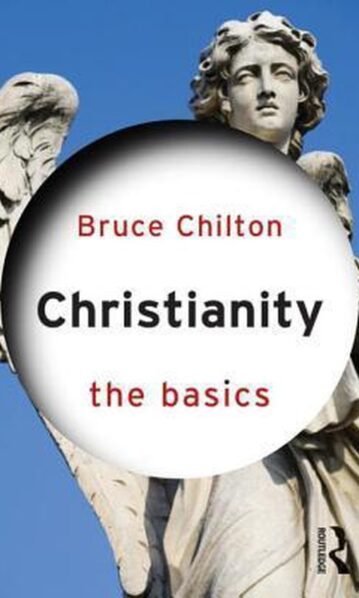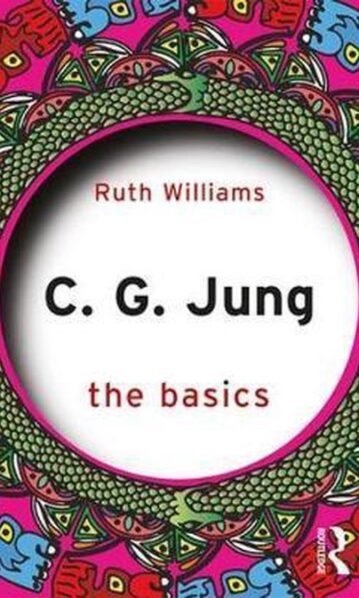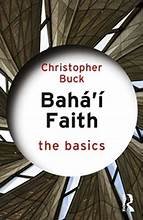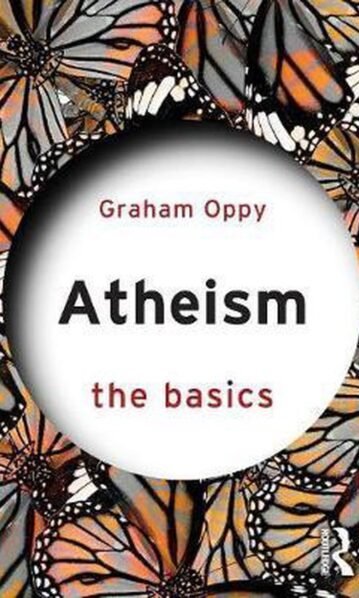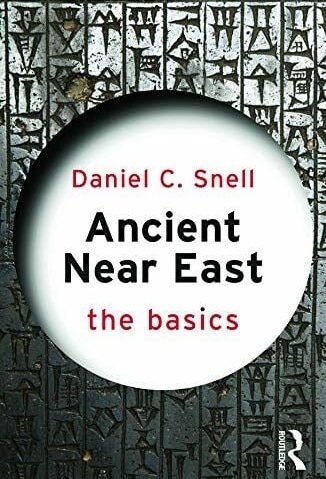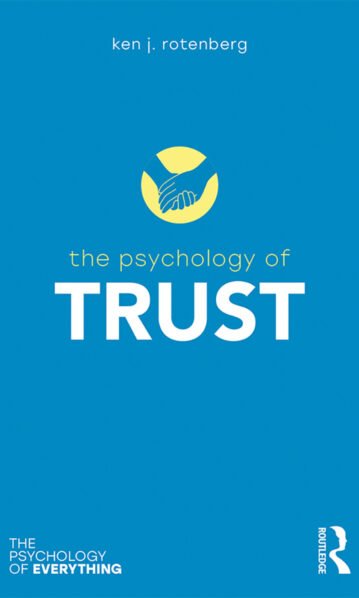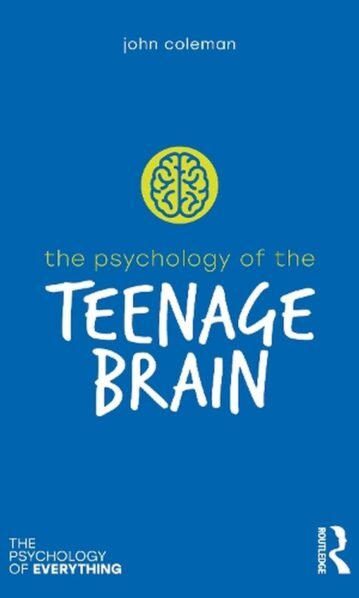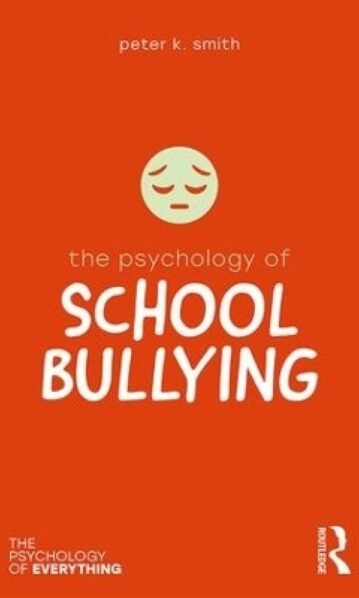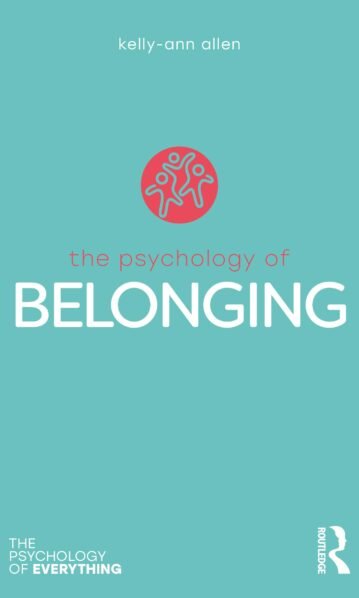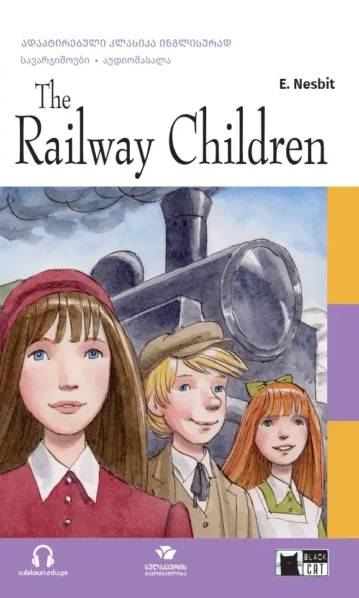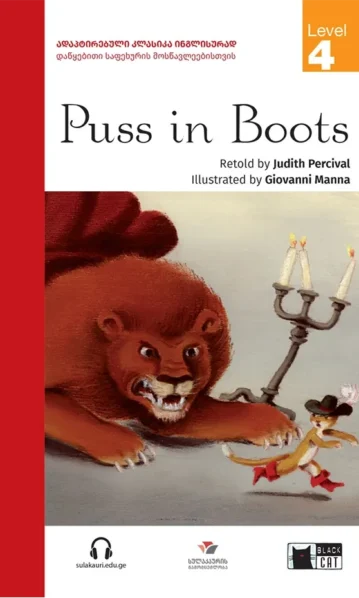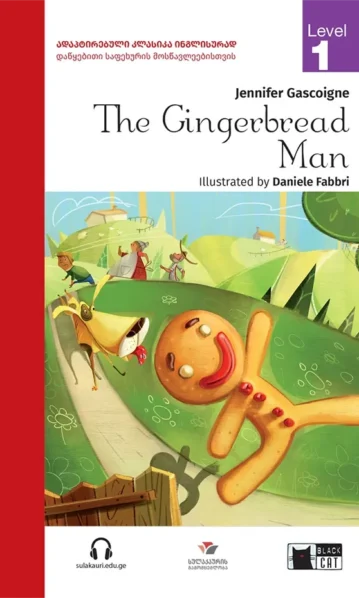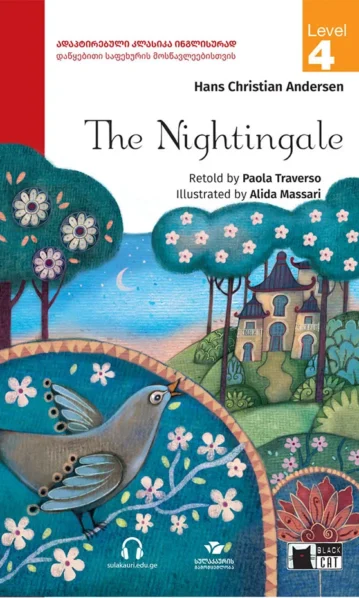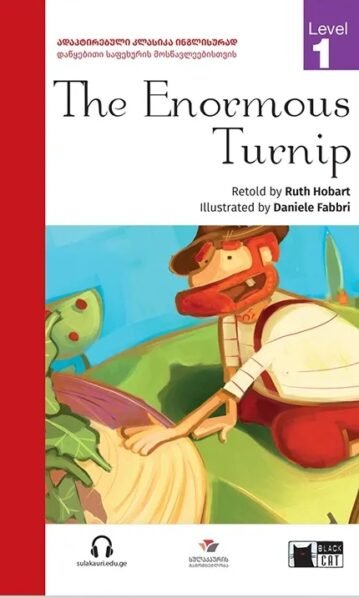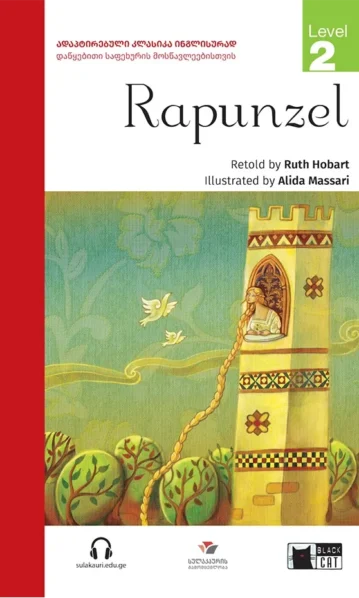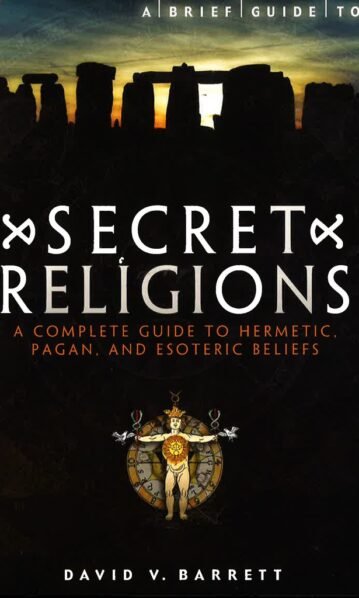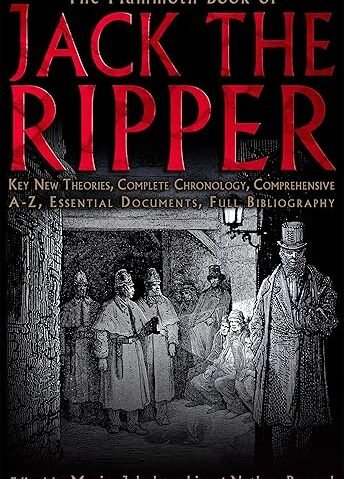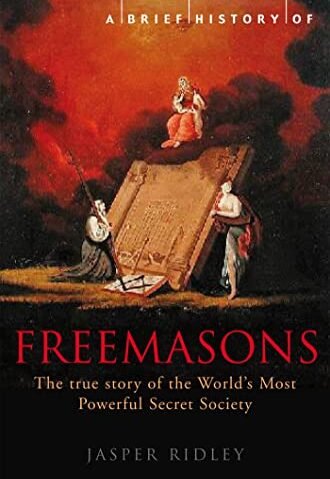ინგლისური
Christianity: The Basics
72,00 ₾Christianity: The Basics is a compelling introduction to both the central pillars of the Christian faith and the rich and varied history of this most global of global religions. This book traces the development of Christianity through an exploration of some of the key beliefs. practices and emotions which have been recurrent symbols through the centuries:
Christ. the kingdom of heaven and sin
Baptism. Eucharist and prayer
Joy. divine union and self denial
Encompassing the major epochs of Christian history and examining the unity and divisions created by these symbols. Christianity: The Basics is both a concise and comprehensive introduction to the Christian tradition.
C. G. Jung
72,00 ₾C. G. Jung: The Basics is an accessible. concise introduction to the life and ideas of C. G. Jung for readers of all backgrounds. from those new to Jung’s work to those looking for a convenient reference.
Ruth Williams eloquently and succinctly introduces the key concepts of Jungian theory and paints his biographical picture with clarity. The book begins with an overview of Jung’s family life. childhood. and relationship with (and subsequent split from) Sigmund Freud. Williams then progresses thematically through the key concepts in his work. clearly explaining ideas including the unconscious. the structure of the psyche. archetypes. individuation. psychological types and alchemy. C. G. Jung: The Basics also presents Jung’s theories on dreams and the self. and explains how his ideas developed and how they can be applied to everyday life. The book also discusses some of the negative claims made about Jung. especially his ideas on politics. race. and gender. and includes detailed explanations and examples throughout. including a chronology of Jung’s life and suggested further reading.
C. G. Jung: The Basics will be key reading for students at all levels coming to Jung’s ideas for the first time and general readers with an interest in his work. For those already familiar with Jungian concepts. it will provide a helpful guide to applying these ideas to the real world.
Buddhism: The Basics
69,00 ₾Buddhism: The Basics provides a thorough and accessible introduction to a fascinating religion. Examining the historical development of Buddhism and its presence today. this guide covers:
principal traditions
practices and beliefs
ethical guidelines and philosophy
religious texts
community
With helpful features including a detailed map of the Buddhist world. glossary of terms and tips for further study. this is an ideal text for students and interested readers wanting to familiarise themselves with the Buddhist faith.
Cathy Cantwell is an academic researcher at the Oriental Institute. University of Oxford. She specialises in Tibetan Buddhism. and has worked on eleventh century manuscripts. an eighteenth century scriptural collection. and contemporary Buddhist ritual manuals and practice. She has taught widely in UK Higher Education and is joint author of Early Tibetan Documents on Phur pa from Dunhuang.
Baha’i Faith: The Basics
69,00 ₾Bahá’í Faith: The Basics provides a thorough and accessible introduction to a fascinating. independent world religion. Examining its historical development. current “community-building” efforts and the social contributions of the Bahá’í Faith in the world today. this introduction covers:
Beliefs: Bahá’í spiritual teachings
Principles: Bahá’í social teachings
History: Bahá’u’lláh and his covenant.
Scripture: Bahá’í sacred texts and inspired guidance
Institutions: The Bahá’í Administrative Order
Building community: What Bahá’ís do
Social action: Bahá’í social and economic development projects
Public discourse: The Bahá’í International Community
Vision: Foundations for a future golden age
With features including a glossary of terms. and references to the Bahá’í writings throughout. this is the ideal text for students and interested readers wanting to familiarize themselves with the Bahá’í Faith.
Atheism: The Basics
72,00 ₾Atheism: The Basics is a concise and engaging introduction to belief in the non-existence of deities. Atheism has long fascinated people but debate around this controversial position may seem daunting. In this lively and lucid book. Graham Oppy addresses the following important questions:
• What does it mean to be an atheist?
• What is the difference between atheism. agnosticism. theism and innocence?
• How has atheism been distributed over time and place?
• What does science tell us about atheism?
• Are there good reasons to be an atheist?
• Are there good reasons not to be an atheist?
• What do we mean by ‘new atheism’?
With a glossary of key terms and suggestions for further reading throughout. the book considers key philosophical arguments around atheism. making this an ideal starting point for anyone seeking a full introduction to the arguments between those who hold atheistic beliefs and those who do not.
Archaeology: The Basics
69,00 ₾Archaeology: The Basics. rewritten for this fourth edition. is a short. engaging book that takes the reader on a journey through the fascinating world of archaeology and archaeologists.
Written in a non-technical style by two experienced archaeologists and writers about the past. the book begins by introducing archaeology as a unique way of studying the entire span of the human past from our origins some six million years ago to today. The authors stress that archaeology is a global study of human biological and cultural diversity. After a brief look at early archaeological discoveries. they introduce today’s multidisciplinary archaeology. Then they go on to describe the archaeological record. the archives of the past and the importance of contexts of time and space. How do we find archaeological sites and how do we explore them? Two chapters laced with examples examine these questions. Later chapters describe ancient technologies and how we study them. and the all-important subject of changing ancient environments and climate change. Zooarchaeology. flotation methods. and other ways of reconstructing ancient diet and subsistence lead us into the study of changing settlement patterns across the landscape. Next. they visit the people of the past. either as individuals or groups. calling on bioarchaeology to assist them. Two chapters discuss ancient culture change and the remarkable diversity of ancient societies. and they are followed by an exploration of the spiritual realm. the exploration of the intangible. The final chapter looks at the importance of archaeology in today’s world. Rich in numerous examples and contemporary thinking about archaeology. this book tries to answer an important question: What does archaeology tell us about ourselves?
Archaeology: The Basics is essential reading for all those beginning to study archaeology and anyone who has ever questioned the past.
Ancient Near East: The Basics
69,00 ₾Ancient Near East: The Basics surveys the history of the ancient Middle East from the invention of writing to Alexander the Great’s conquest. The book introduces both the physical and intellectual environment of those times. the struggles of state-building and empire construction. and the dissent from those efforts. Topics covered include:
What do we mean when we talk about the Ancient Near East?
The rise and fall of powerful states and monarchs
Daily life both in the cities and out in the fields
The legacy of the Ancient Near East: religion. science and writing systems.
Featuring a glossary. chronology and suggestions for further reading. this book has all the tools the reader needs to understand the history and study of the Ancient Near East.
The Psychology of Trust
45,00 ₾What makes us trust people? How is trust developed and maintained? Is Western society facing a crisis of trust?
The Psychology of Trust addresses trust issues that are directly relevant to peoples’ experiences in their daily lives. It identifies the factors that cause people to trust, and the consequences of trust for real world issues in health, politics, terrorism, the workplace, and religious faith. It also explores the impact of a lack of trust, and what causes distrust of individuals, groups and organisations.
In a world where trust impacts our daily lives, The Psychology of Trust shows the role trust plays in our relationships, and provides practical guidance regarding our own trust in others.
The Psychology of the Teenage Brain
45,00 ₾Why do teenagers stay up late and struggle to get up in the morning? Do teenagers really take more risks? What is happening with teenagers’ hormones?
The Psychology of the Teenage Brain offers all those involved in teenagers’ lives insight into what’s happening in their brains and how understanding them can improve relationships and communication at this crucial stage. It explains key topics, including the way the brain changes during adolescence, the role of hormones, and what we really know about risk and resilience, sleep and peer pressure. It challenges the stereotype of the ”snowflake generation” and explores young people’s mental health.
Written for all parents and caregivers, this book will help with the challenges of having a teenager in the home. It also offers crucial understanding for all students and practising professionals in the fields of social work, counselling, health and education who work with teenagers.
The Psychology of Social Media
45,00 ₾Are we really being ourselves on social media? Can we benefit from connecting with people we barely know online? Why do some people overshare on social networking sites?
The Psychology of Social Media explores how so much of our everyday lives is played out online, and how this can impact our identity, wellbeing and relationships. It looks at how our online profiles, connections, status updates and sharing of photographs can be a way to express ourselves and form connections, but also highlights the pitfalls of social media including privacy issues.
From FOMO to fraping, and from subtweeting to selfies, The Psychology of Social Media shows how social media has developed a whole new world of communication, and for better or worse is likely to continue to be an essential part of how we understand our selves.
The Psychology of School Bullying
45,00 ₾Why do children get involved with bullying? Does cyberbullying differ from traditional bullying? How can bullying at school be prevented?
The Psychology of School Bullying explores what bullying is and what factors lead to children playing roles as bullies, victims, defenders, bystanders or even some combination of these The book examines proactive strategies to reduce the likelihood of bullying happening in school, but also looks at what action the school could take if bullying incidents do occur.
As bullying can have such far-reaching consequences and sometimes tragic outcomes, it is vital to grasp how and why it happens, and The Psychology of School Bullying shows how improved knowledge and understanding can lead to effective interventions.
The Psychology of Politics
45,00 ₾How do some political leaders capture popular support? What is the appeal of belonging to a nation? Can democracy thrive?
The Psychology of Politics explores how the emotions which underpin everyday life are also vital in what happens on the political stage. It draws on psychoanalytic ideas to show how fear and passion shape the political sphere in our changing societies and cultures, and examines topical social issues and events including Brexit, the changing nature of democracy, activism, and Trump in America.
In a changing global political climate, The Psychology of Politics shows us how we can make sense of what drives human conduct in relation to political ideas and action.
The Psychology of Celebrity
45,00 ₾Why are we fascinated by celebrities we’ve never met? What is the difference between fame and celebrity? How has social media enabled a new wave of celebrities?
The Psychology of Celebrity explores the origins of celebrity culture, the relationships celebrities have with their fans, how fame can affect celebrities, and what shapes our thinking about celebrities we admire. The book also addresses the way in which the media has been and continues to be an outlet for celebrities, culminating in the role of social media, reality television, and technology in our modern society.
Drawing on research featuring real life celebrities from the Kardashians to Michael Jackson, The Psychology of Celebrity shows us that celebrity influence can have both positive and negative outcomes and the impact these can have on our lives.
The Psychology of Belonging
45,00 ₾Can a sense of belonging increase life satisfaction? Why do we sometimes feel lonely? How can we sustain lasting human connections?
The Psychology of Belonging explores why feeling like we belong is so important throughout our lives, from childhood to old age, irrespective of culture, race or geography. With its virtues and shortcomings, belonging to groups such as families, social groups, schools, workplaces and communities is fundamental to our identity and wellbeing, even in a time when technology has changed the way we connect with each other.
In a world where loneliness and social isolation is on the rise, The Psychology of Belonging shows how meaningful connections can build a sense of belonging for all of us.


